
Copernical Team
NASA extends Ingenuity Helicopter Mission
 NASA has extended flight operations of the Ingenuity Mars Helicopter through September. In the months ahead, history's first aircraft to operate from the surface of another world will support the Perseverance rover's upcoming science campaign exploring the ancient river delta of Jezero Crater. Along the way, it will continue testing its own capabilities to support the design of future Mars air v
NASA has extended flight operations of the Ingenuity Mars Helicopter through September. In the months ahead, history's first aircraft to operate from the surface of another world will support the Perseverance rover's upcoming science campaign exploring the ancient river delta of Jezero Crater. Along the way, it will continue testing its own capabilities to support the design of future Mars air v 'Visionary' US astrophysicist Eugene Parker dead at 94
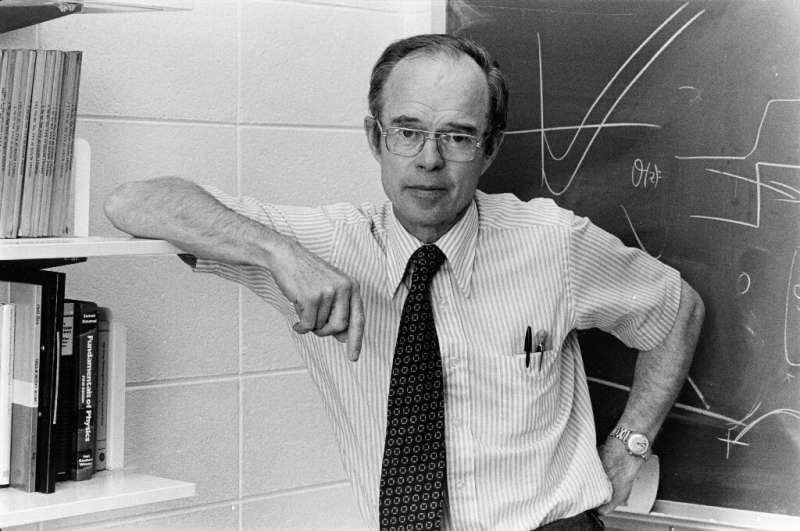
Eugene Parker, a pioneering American astrophysicist whose mathematical prediction that charged particles streamed from stars in a solar wind was met with disbelief before he was ultimately vindicated, has died aged 94, NASA said on Wednesday.
Parker was hailed as a visionary who laid the groundwork for the field of heliophysics, the science of understanding the Sun and its interactions with Earth and the solar system, including space weather.
In 2018, he became the first person to witness the launch of a spacecraft bearing his name, NASA's Parker Solar Probe.
NASA adds giant new dish to communicate with deep space missions
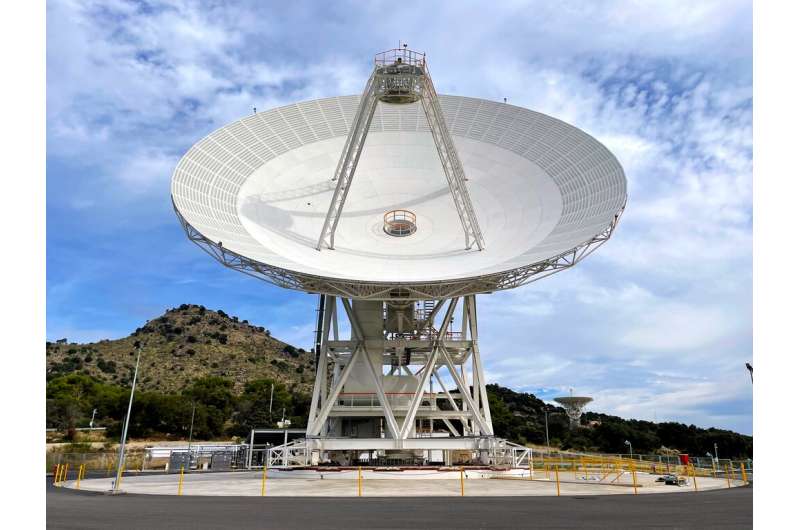
There's a powerful new member of NASA's family of giant antennas that enable engineers and scientists on Earth to communicate with the growing number of spacecraft exploring our solar system.
Called Deep Space Station 53, or DSS-53, the 111-foot (34-meter) antenna is part of NASA's Deep Space Network (DSN).
Space telescope's image of star gets photobombed by galaxies
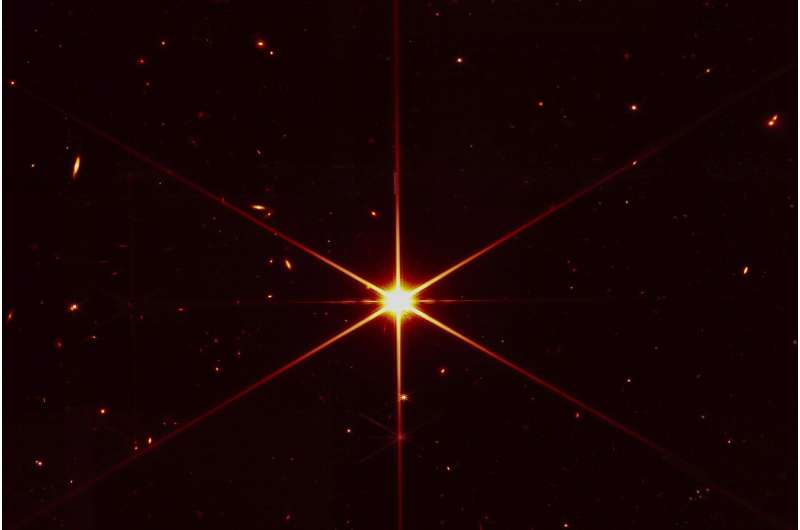
NASA Mourns Passing of Visionary Heliophysicist Eugene Parker
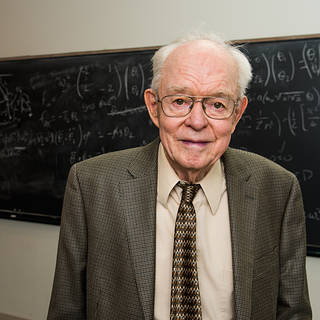 Dr. Eugene N. Parker, visionary of heliophysics and namesake of NASA’s Parker Solar Probe, has passed away. He was 94.
Dr. Eugene N. Parker, visionary of heliophysics and namesake of NASA’s Parker Solar Probe, has passed away. He was 94. El telescopio Webb de la NASA alcanza un hito en su alineación
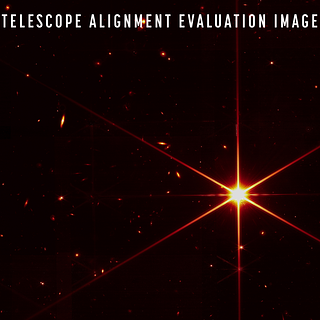 El telescopio Webb de la NASA alcanza un hito en su alineación
El telescopio Webb de la NASA alcanza un hito en su alineación NASA’s Webb Reaches Alignment Milestone, Optics Working Successfully
 Following the completion of critical mirror alignment steps, NASA’s James Webb Space Telescope team expects that Webb’s optical performance will be able to meet or exceed the science goals the observatory was built to achieve.
Following the completion of critical mirror alignment steps, NASA’s James Webb Space Telescope team expects that Webb’s optical performance will be able to meet or exceed the science goals the observatory was built to achieve. Smile payload module travels to China
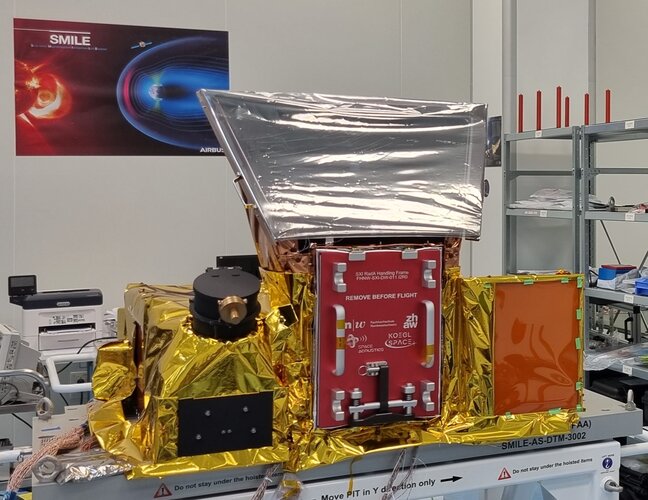 Image:
Smile payload module travels to China
Image:
Smile payload module travels to China Webb reaches alignment milestone
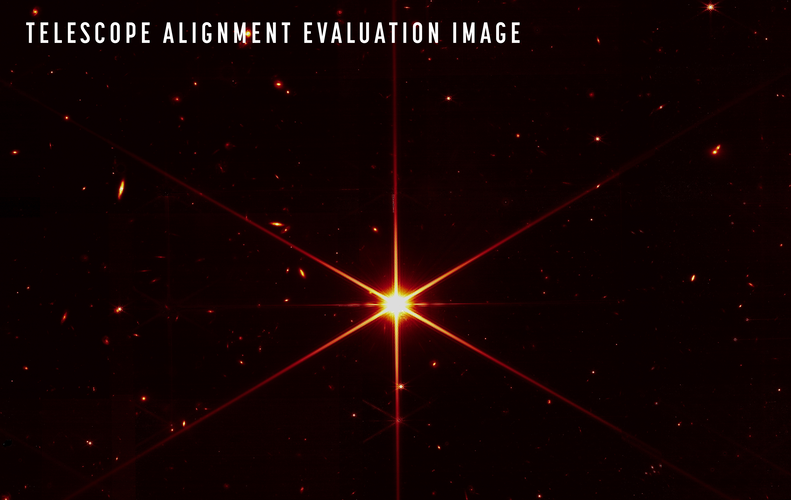
Following the completion of critical mirror alignment steps, the NASA/ESA/CSA James Webb Space Telescope team expects that Webb’s optical performance will be able to meet or exceed the science goals the observatory was built to achieve.
Gaia snaps photo of Webb at L2

On 18 February, the NASA/ESA/CSA James Webb Space Telescope was photographed by ESA’s Gaia observatory.

